Preschool Director Simona Chongo describes one component of the progressive approach to preschool at PKS.
As we begin the new year, and as we take a moment to look back and reflect on last year, I want to highlight one unifying thread from our children's experiences in the preschool over the first few months of the school year. That is, how the adults at school pay attention and listen to the voice of the children, and how they create opportunities and space for children's choices. Children are encouraged to voice their opinions and work out disagreements with each other, with teachers scaffolding and stretching their abilities. They dialogue, debate, critique, compare, negotiate, hypothesize, and problem solve with each other in their small groups, and they are encouraged to think of their class as a small community; making decisions about what topics to study and what classroom agreements and responsibilities should be.
An important way to show respect for the children's perspective has been to vote on decisions that impact our everyday lives at school. Voting is a way to encourage children to express preferences, likes, dislikes, but also to understand the value of their opinion and to develop respect and acceptance of others' opinions and points of view. It is also a starting point for meaty discussions about fairness, disappointment, cooperation, compromise, and speaking up for each other; all the wonderful and sometimes painful ingredients of building empathy and personal responsibility.
As such, voting is an important aspect of civic education that helps children understand democratic values and practices in very concrete and meaningful ways, and is directly related to their everyday life. Our children have voted on the snacks that they most prefer (from a list of healthy choices), the names of the classroom gold fish, even the color of playdough they want to make with the teachers. They have discussed and chosen the best ways to present their Halloween costumes to classmates and teachers. They have debated and tested what the ideal number of children playing in each area of their classroom should be, so everyone can have enough space and materials, but also enough friends with whom to play and imagine.
When their opinions matter and make a difference in their lives, children learn that their thoughts are important and valued, and that they are strong and capable of solving hard problems and achieving difficult things. Reflecting on how she chooses to still work with clay, even if it is hard, Avonlea in the 4 year-old Bamboo class encouraged her friends with these words, "When you do hard things, your muscles get stronger, and then hard things become easy, and you can start doing even harder things than before."
Follow PKS on Facebook!

